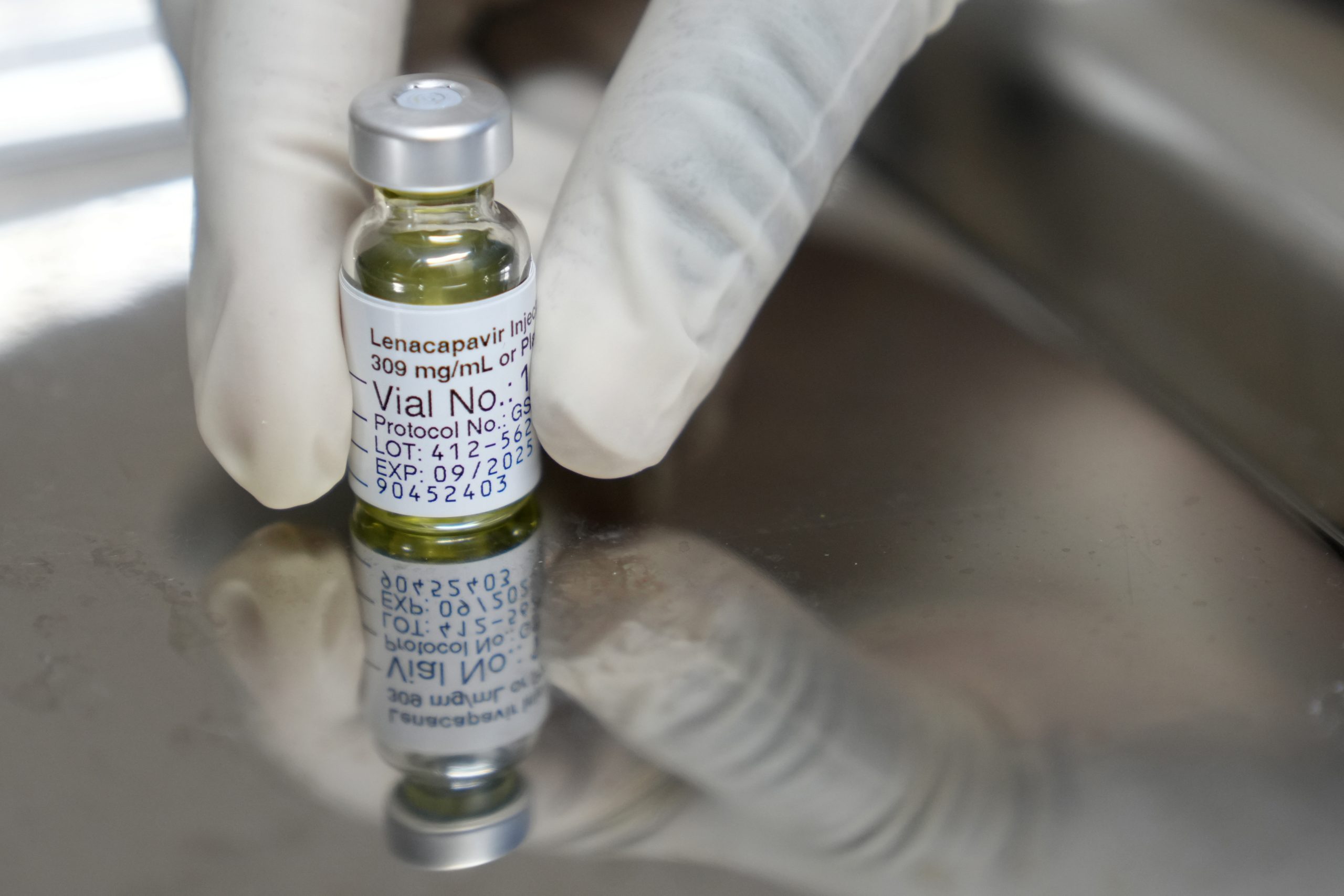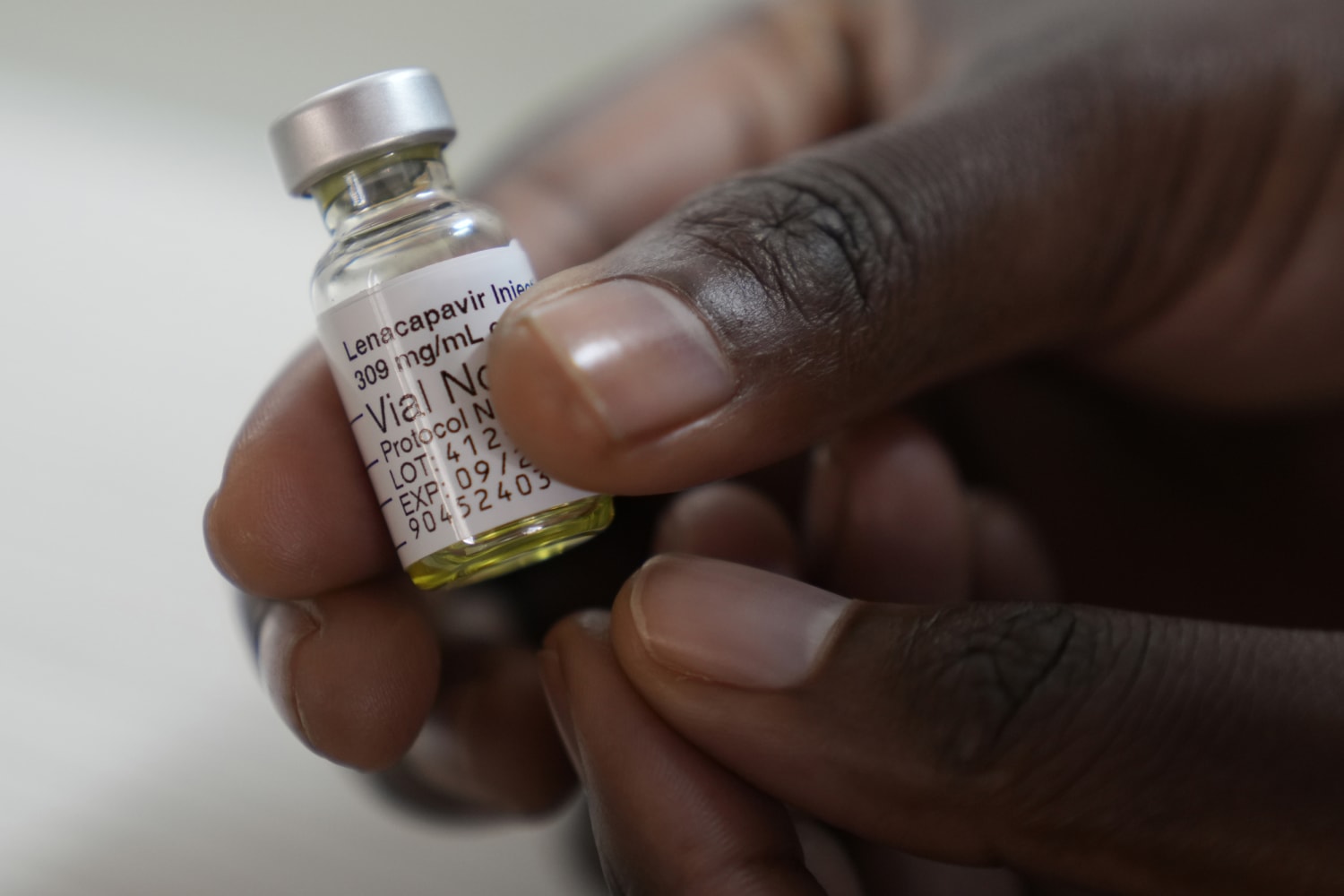A promising new HIV prevention drug, Lenacapvir, may be more effective than the current daily oral PrEP (pre-exposure prophylaxis) medications. This drug, which is administered as an injection under the skin every six months, was found to reduce the risk of HIV infection by 96% in a recent clinical trial. Led by researchers from Emory University and Grady Health System, the study, funded by Gilead, compared Lenacapvir to the traditional daily oral PrEP and showed that the long-acting injection offers superior protection against HIV.
Lenacapvir’s major advantage over current PrEP methods is its convenience. Unlike daily oral PrEP, which requires consistent adherence, Lenacapvir only needs to be administered twice a year. This long-acting injectable format is particularly beneficial for individuals who struggle with the daily regimen required by oral PrEP. While oral PrEP can be highly effective when taken as directed, its success depends heavily on daily adherence. Lenacapvir offers a more sustainable option for those who find it difficult to maintain a consistent medication schedule.

The study results demonstrated the superior effectiveness of Lenacapvir compared to Truvada, one of the most commonly used oral PrEP medications. Out of 2,179 participants who received Lenacapvir, only two contracted HIV, while nine out of 1,086 participants taking Truvada were infected. This highlights that Lenacapvir is not only easier to adhere to but also provides greater protection from HIV, showing an 89% increase in effectiveness over oral PrEP. This finding underscores Lenacapvir’s potential as a groundbreaking option for HIV prevention.
HIV prevention works by using antiretroviral drugs to stop the virus from establishing an infection in the body. Current oral PrEP medications, like Truvada and Descovy, are highly effective when taken as prescribed, reducing the risk of HIV transmission by up to 99%. However, adherence issues remain a significant barrier, particularly for individuals from high-risk groups who may face challenges in taking daily medication. Lenacapvir’s six-month injection could eliminate these adherence concerns, offering a new, more reliable alternative for people at risk of HIV exposure.
With the promising results from this Phase III trial, the researchers are hopeful that Lenacapvir will soon receive approval from the U.S. Food and Drug Administration (FDA). If approved, this injectable drug could become a revolutionary HIV prevention tool. It would offer a more accessible and effective option for those who are unable to take daily oral medications, particularly in communities that are disproportionately affected by HIV. This breakthrough could play a crucial role in reducing HIV transmission globally and addressing the health disparities in at-risk populations.
